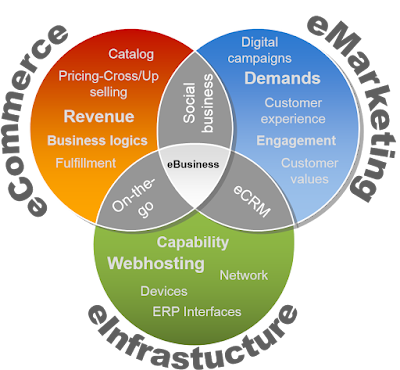Business Driven Technology
Learning Outcomes:
- Compare to management information system (MIS) and information technology (IT).
- Describe the relationships among people, information technology, and information
- Identify four different departments in a typical business and explain how technology helps them to work together
- Compare to the four different types of organizational information cultures and decide which culture applies to your school
Information Technology's Role in Business:
- Information technology is everywhere in business
Information Technology's Impact on Business Operation:
Customer Service- 70%
Finance- 51%
Sales and Marketing- 42%
IT Operations- 39%
Operations Management- 31%
HR- 17%
Security- 17%
Security- 17%
- Organizations typically operate by functional areas or functional silos
- Functional areas are interdependent

Information Technology Basis:
* Information technology (IT) - afield concerned with the use of technology in managing and processing information
*Information technology is an important enabler of busiess success and innovation
*Management information system (MIS) -a general name for the business function and academic discipline covering the application of people, technologies, and procedures to solve business problem.
*MIS is a businesss function(department), similar to Finance, Accounting ,Operations, and Human Resources.
- When beginning to learn about information technology it is important to understand
# data,information ,and business intelligence
# IT resources
# IT cultures
Data,Information, and BI:
- Data - raw facts that describe the characteristic of an event
- Information - data converted ino a meaningful and useful context
- Business Intelligence - applicantions and technologies that are used to suport decision-making effort
IT Resources:
- People use
- Information technology to work with
- Information
IT Cultures:
- Organizational information cultures include:
-Information-functional culture
-Information-sharing culture
-Information-inquiring culture
-Information-discovery culture.






Comments
Post a Comment